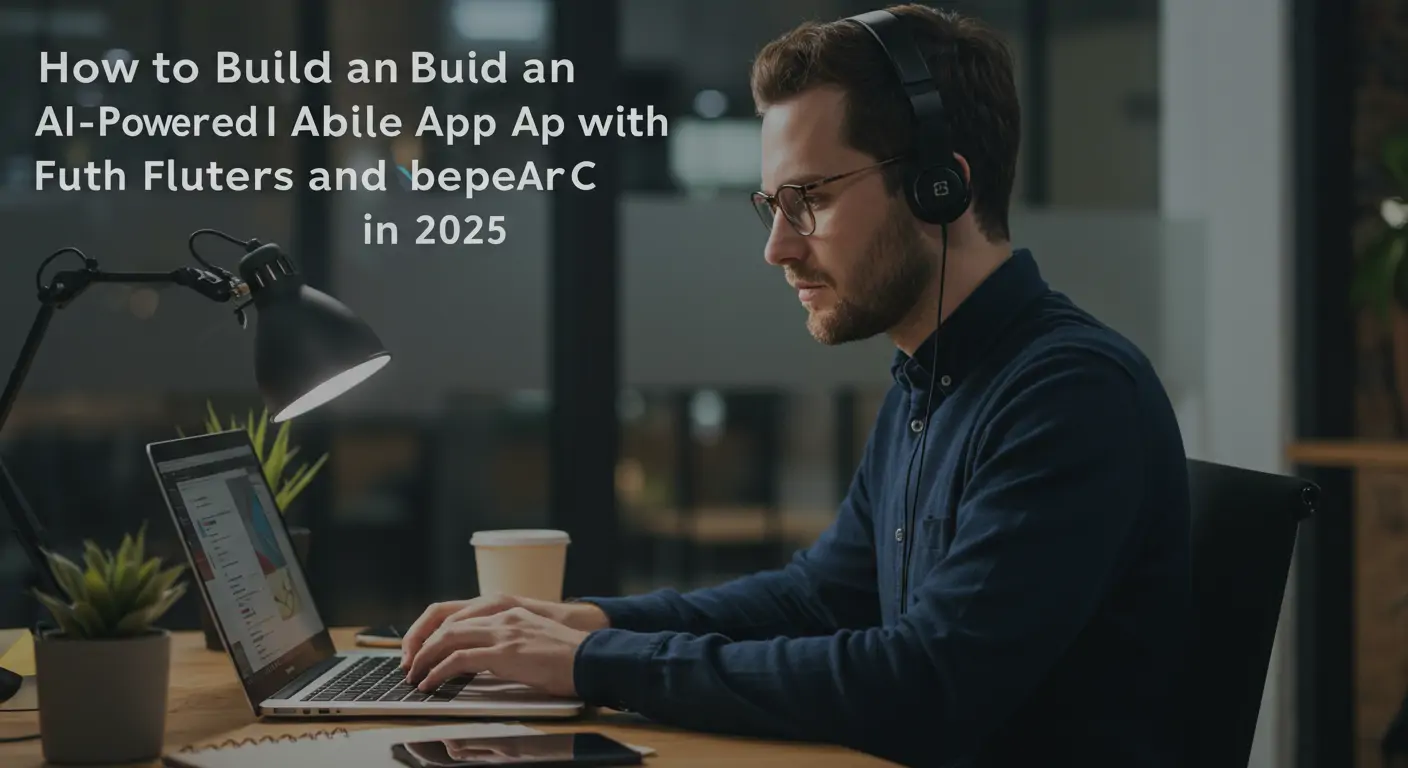What You'll Build
In this tutorial, we'll guide you through building an AI-powered testing suite for mobile apps using Appium and Python. By the end, you'll have a robust testing framework that automatically adapts to UI changes and improves test accuracy over time using machine learning algorithms. This suite will streamline your QA processes, reduce manual testing overhead, and ultimately enhance your app's quality.
Benefits you'll get: Reduced manual testing, improved test accuracy, and faster release cycles.
Time required: Approximately 5-7 hours.
Quick Start (TL;DR)
- Step 1: Install Appium and dependencies using .
- Step 2: Set up your environment with a Python virtual environment and install necessary packages.
- Step 3: Write a basic test case and execute it using Appium server and your mobile device/emulator.
- Step 4: Integrate an AI model to analyze UI changes using TensorFlow or PyTorch.
- Step 5: Automate tests via CI/CD pipeline using Jenkins or GitHub Actions.
Prerequisites & Setup
Before you begin, ensure you have:
- Python 3.8 or higher installed on your machine.
- Node.js and npm for Appium server installation.
- Android Studio or Xcode for mobile emulators.
- Basic understanding of Appium and Python.
Environment setup:
- First, install Appium with .
- Set up a virtual environment using .
- Activate your environment and install dependencies: .
Detailed Step-by-Step Guide
Phase 1: Foundation
Step 1: Install and configure Appium server
Begin by downloading Appium Desktop or launching Appium server from the terminal using . Ensure your mobile device or emulator is ready for testing. Confirm connectivity using for Android or for iOS.
Phase 2: Core Features
Step 2: Develop test cases
Write a simple test case to start your application and perform basic UI interactions. Example code:
Phase 3: Advanced Features
Step 3: Integrate AI for dynamic UI testing
Implement AI models to recognize UI patterns and adapt tests automatically. Use a pre-trained model from TensorFlow Hub and incorporate it into your testing logic. Example:
Code Walkthrough
Why each part matters: The initial Appium setup and basic test cases establish a foundation for mobile app testing. The AI integration enhances this by allowing your tests to adapt and learn from UI changes, reducing manual updates and increasing reliability.
Common Mistakes to Avoid
- Incorrect capability setup: Ensure capabilities match your device or emulator to avoid connection issues.
- Not handling UI changes: Regularly update your AI model to reflect UI updates.
- Lack of error handling: Implement try-except blocks to manage unexpected behaviors.
Performance & Security
Optimization tips: Regularly update your AI model for efficiency. Monitor test execution time and optimize test steps to reduce unnecessary operations.
Security best practices: Secure your Appium server with authentication and limit access to trusted IP addresses.
Going Further
Explore Dockerizing your testing environment for consistency across development and production. Consider using other AI-powered frameworks like Test.ai for more advanced scenarios.
FAQ
Q: Can Appium support both Android and iOS testing simultaneously?
A: Yes, Appium can test both Android and iOS apps using the same API. You need to configure capabilities specific to each platform. For Android, set capabilities like 'app' and 'deviceName', while for iOS, use 'bundleId' and 'udid'. Ensure your Appium server is correctly configured to handle multiple sessions. Using a cloud-based solution like Sauce Labs can simplify this by managing device capabilities and configurations for you.
Q: How do I integrate Appium tests with Jenkins?
A: Set up a Jenkins pipeline to automate Appium tests by adding Appium server start and stop commands within your Jenkinsfile. Use plugins like 'Git' for source control management and 'JUnit' for test results visualization. Ensure Jenkins nodes have necessary dependencies installed, including Appium server, Python, and mobile emulators. Running tests on cloud platforms like AWS Device Farm can enhance scalability and reliability.
Q: What are the best practices for writing Appium test scripts?
A: Follow SOLID principles to maintain test scripts. Separate test logic from setup/teardown processes. Use Page Object Model (POM) to modularize and reuse code efficiently. Implement wait strategies (implicit, explicit) to handle asynchronous UI loads. Regularly refactor tests to avoid flaky tests and improve maintainability. Logging and screenshots on failure can aid debugging.
Q: How can AI improve mobile app testing?
A: AI enhances mobile app testing by dynamically adapting to UI changes. Machine learning models can predict UI changes and automatically update tests, reducing the need for manual intervention. AI can also identify patterns in test failures, offering insights into recurring issues. Implementing AI ensures test scripts stay relevant and reduces the scope of false positives and negatives.
Q: Is it necessary to use ML models in testing frameworks?
A: While not necessary, ML models significantly enhance testing frameworks by providing adaptive and predictive capabilities. They automate repetitive tasks, predict potential UI issues, and adapt to changes, minimizing manual script updates. For critical applications with frequent UI changes, ML models offer a more efficient and reliable solution compared to traditional manual testing methods.
Conclusion & Next Steps
In this tutorial, you've built an AI-powered automated testing suite using Appium and Python. You've learned how to integrate machine learning models to enhance test adaptability and reliability. Next steps could involve exploring cloud-based solutions for distributed testing, diving deeper into advanced AI models for specific scenarios, and integrating your suite with CI/CD pipelines for continuous deployment. For further learning, consider courses on advanced Appium techniques or AI applications in software testing.




